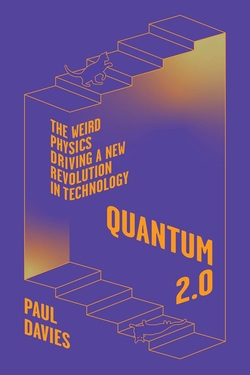Sending a golden disc filled with the sights and sounds of Earth, as we did with the Voyager spacecraft, may have been a pretty efficient way to communicate with extraterrestrial civilizations. That’s the view of Christopher Rose, a professor of electrical and computer engineering at Rutgers, the State University of New Jersey. Rose and physicist Gregory Wright have the cover of the September 2 issue of Nature with a paper called “”Inscribed matter as an energy-efficient means of communication with an extraterrestrial civilization.” Their thesis grew out of Rose’s studies of wireless commnications and what he calls the ‘energy budget’ of sending a signal. Would ET really use radio, or would an advanced civilization scatter artifacts in more physical form?
You can read the Rutgers press release about Rose and Wright’s work here. And here is a quote:
Rose is in favor of listening for that close encounter, but he thinks researchers should have their eyes open, too. Rose speculates that “messages” might be anything from actual text in a real language to (more likely) organic material embedded in an asteroid – or in the crater made by such an asteroid upon striking Earth. Messages – and Rose suggests there might be many of them, perhaps millions – might literally be at our feet. They might be awaiting our discovery on the moon, or on one of Jupiter’s moons. They might be dramatic or mundane. A bottle floating in the ocean is just a bottle floating in the ocean – unless, upon closer inspection, it turns out to have a message in it.
Provocative, especially if you step back to take the long view of time that Centauri Dreams advocates. Because if you give up on the idea of getting an answer to your transmissions, then you can indeed use the ‘message in a bottle’ approach. How important is an individual’s experience vs. the experience of our species? Our first interstellar probes will likely take centuries to reach their destinations, so the question we need to be asking is, are we willing to undertake missions the end of which we will never see, handing them off to future generations? History argues for an answer in the affirmative (ask the stonecutters of Chartres). If other civilizations have reached similar conclusions, Rose and Wright may be on to something.
Recommended reading:

